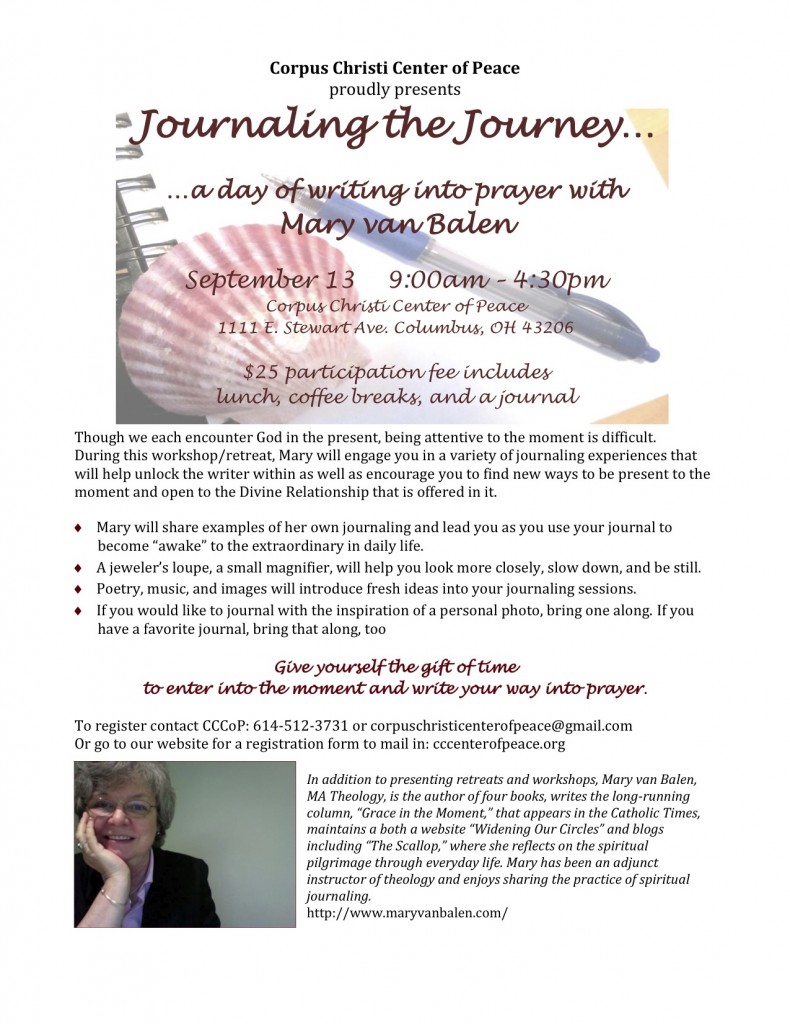
PHOTO: Mary van Balen
Originally published in The Catholic Times, June 6, 2015
I spent the last couple of days cleaning out my closet and getting rid of “things.” The impetus for this activity is a new job. During the past five years, I have worked as a retail sales associate at a large department store where black clothing was the rule. A splash of color on top was ok as long as a black jacket or sweater covered our shoulders and back. My closet, as you might imagine, reflected the dress code. I hadn’t minded too much. After all, I was a Catholic schoolgirl used to uniforms.
At my daughter’s suggestion, before going shopping to add color to my wardrobe, I tired on every piece of clothing I owned. The “donate” pile grew until it filled over four trash bags! I was amazed by the amount of stuff. Some clothing I haven’t worn for years. How had my closet become so full?
Letting go of “stuff” is often difficult, even if we don’t use it. “Maybe it will come in handy later.” “I might wear that next summer.” “I remember when I bought that. It came from…” Fill in the bank with the name of a place you visited, a special person, or an event that holds a special place in your heart. Accumulation is easy.
I must say that cleaning out my closet felt great. I’m ready to tackle the basement and boxes that have been stored unopened since I moved into my present home. Divesting. Feeling lighter. It’s good. Friends who had downsized from larger homes to smaller ones or condos tell the same story. I think that’s because things do more than fill up our homes. They clutter our spirits.
For some nomadic peoples, their way of life precludes “collecting” stuff. Once, while reading “The Mystic Warriors of the Plains,” I was struck by the Lakota’s practice of decorating everyday utensils and teepees with images and symbols, with color and beauty. As they were handled, they must have drawn the users hearts and minds to remember, to pray, to be present. The wisdom born of a nomadic culture impressed me then and now.
How easy, in our culture, to accumulate. We are consumers, and our economic system encourages that. Media bombards us with new gadgets, fashions, and other possessions that we just shouldn’t live without. We can have so much stuff that we rent units to hold what can’t fit into our homes.
Things require care as well as places to be. Our minds, our schedules, our money, even our spirits in some ways, respond to our possessions. “Just keep what brings you joy,” my daughter counseled. Often, things weigh us down rather than lift our hearts. Too many things can make our spaces feel oppressive rather than peaceful. Precious time is used to clean, maintain, and organize stuff that isn’t used. Where’s the joy in that?
Our culture encourages consumption of nonmaterial things as well, encouraging us to accumulate experiences, to spend hours engaged with the time-sink of social media, computer games, and television. These activities can be good, but they also can lure us into addiction. Who has begun scrolling down the computer screen meaning to simply check their facebook page or to play a game of Spider Solitaire and discover, when they check the time, that a couple of hours have passed?
Worthy activities can be overdone, too. Good hearts easily become involved with too many committees and organizations. Even children may have schedules that leave little room for imagination and drawing on inner resources when boredom sets in.
Human beings need quiet. We need silence to hear the whispers in our hearts and souls. We nurture ourselves when we take time to sit with God, to be alone, to notice the moon drifting behind clouds, or to take a close look at flowers and plants growing in our yards and parks. When we aren’t preoccupied, we can be present to the moment.
Emptying my closet helped me recognize the grace of decluttering other parts of my life, too. I’m looking forward to it!
© 2015 Mary van Balen


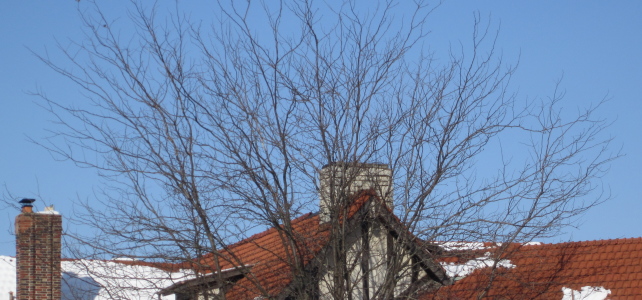

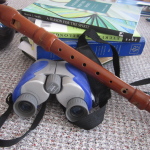
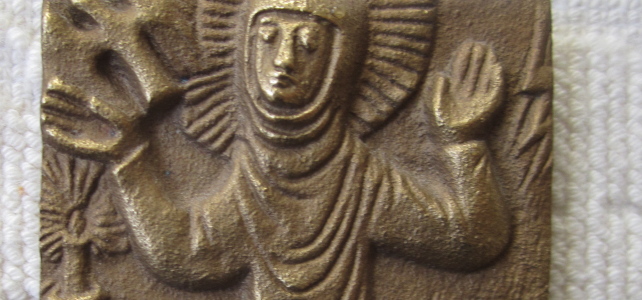
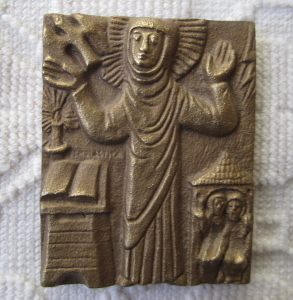
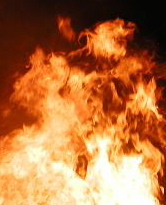


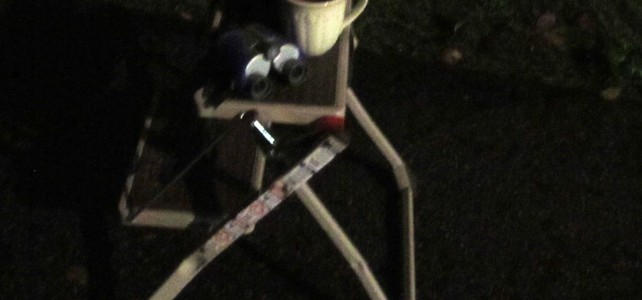
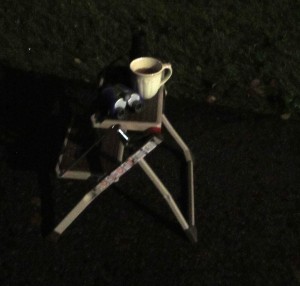

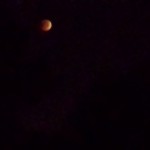
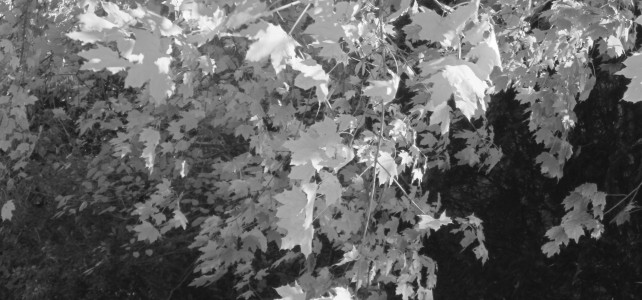
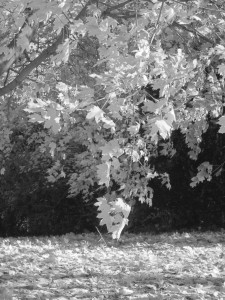
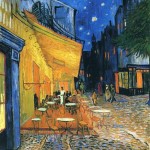
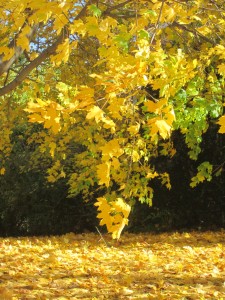
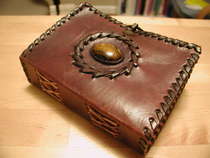
 Journaling has long been a way of prayer for me. Writing can help me be present to the moment, aware of Grace in ordinary experiences. It also helps me reflect on life as it unfolds. Sometimes it’s a book or movie that touches my spirit. Sometimes a passage from Scripture or a photo, or a conversation. It might be current events or listening to YoYo Ma.
Journaling has long been a way of prayer for me. Writing can help me be present to the moment, aware of Grace in ordinary experiences. It also helps me reflect on life as it unfolds. Sometimes it’s a book or movie that touches my spirit. Sometimes a passage from Scripture or a photo, or a conversation. It might be current events or listening to YoYo Ma.